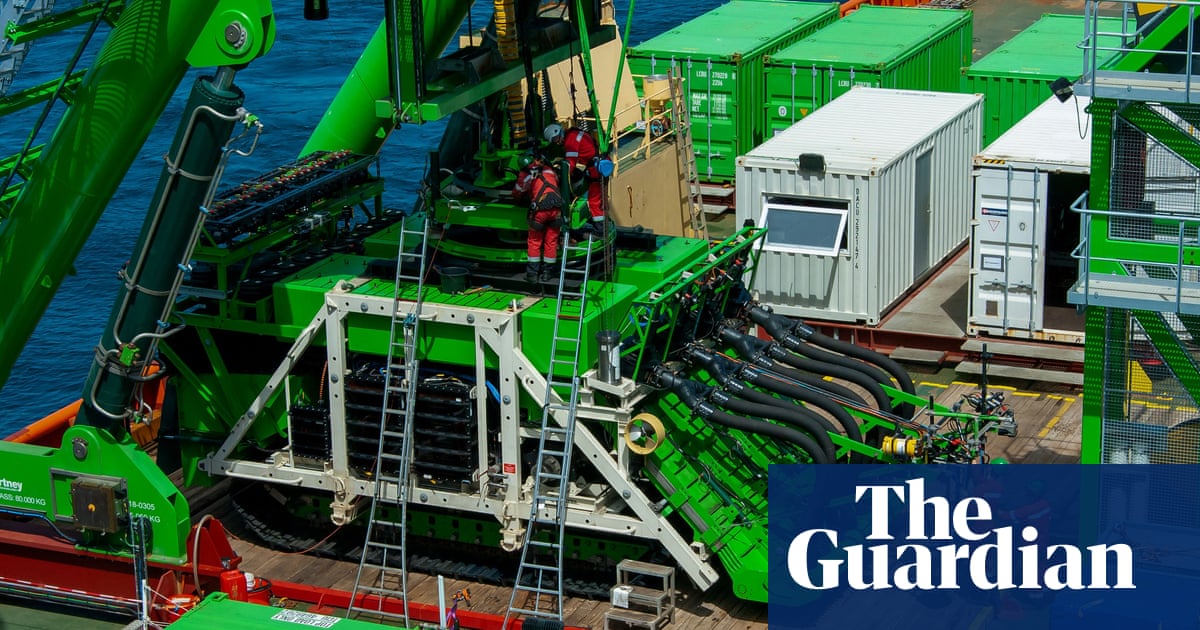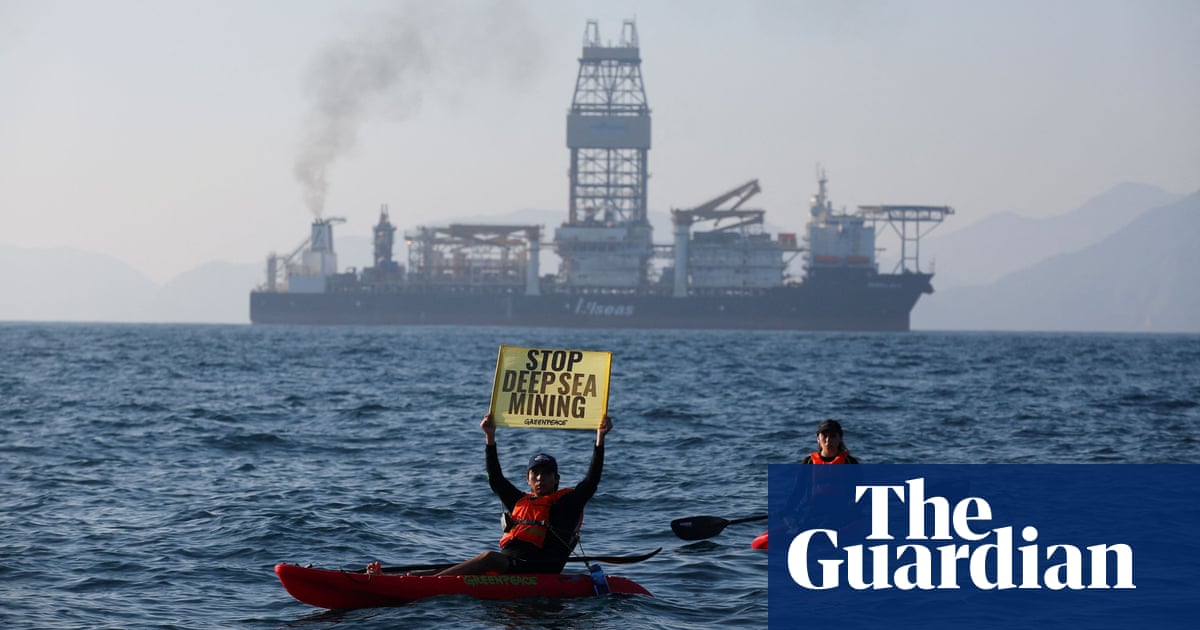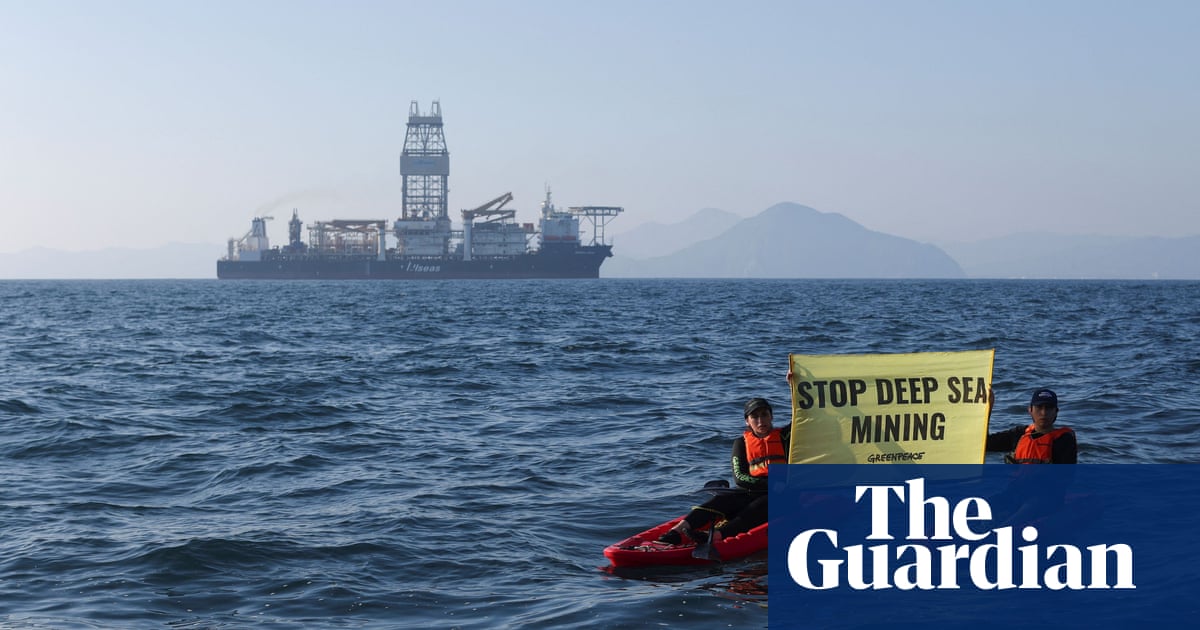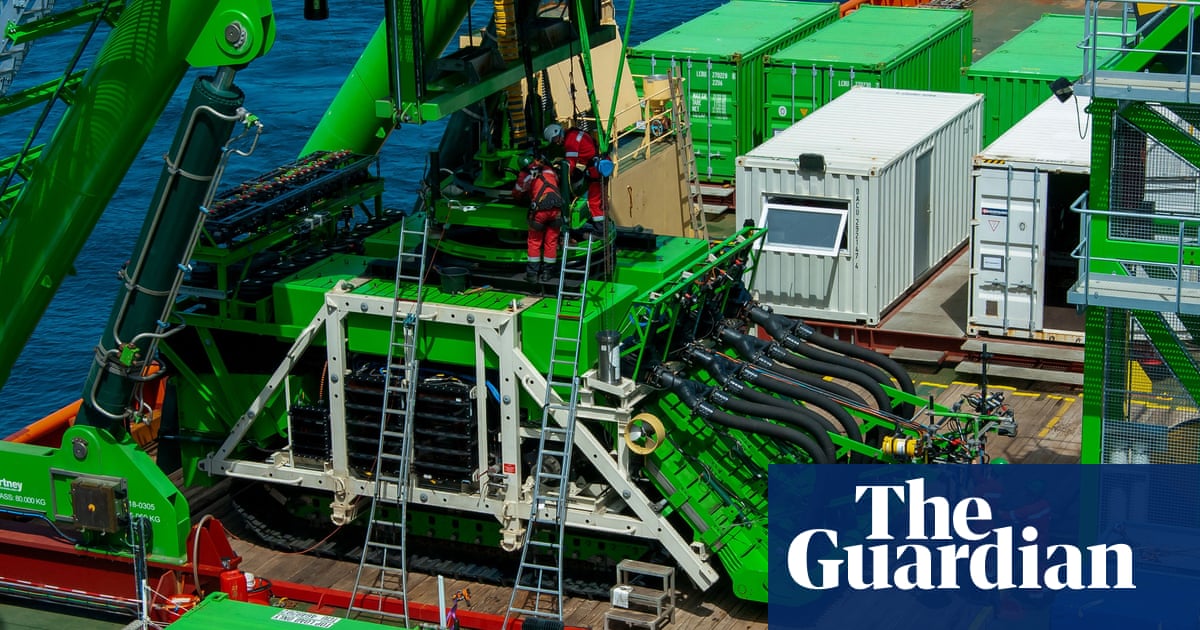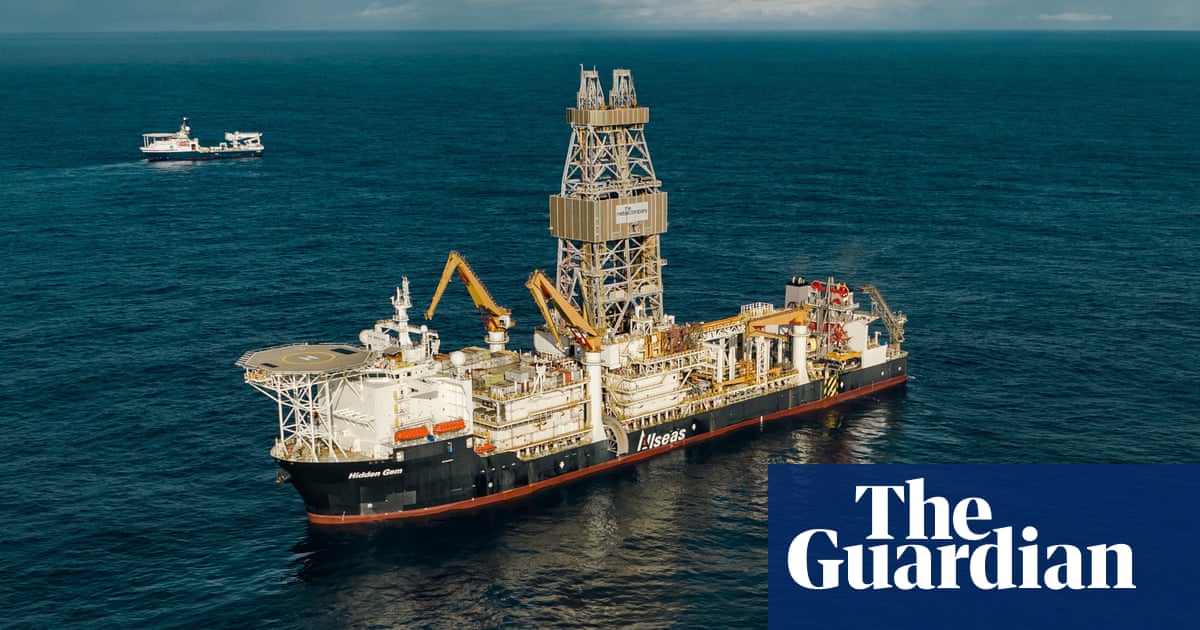
The negotiations on opening the world’s first deep-sea mines ended in Kingston, Jamaica, last week with no agreement, meaning that less than a year remains before a legal clause kicks in that could see seabed mining commence without any environmental or economic regulations in place.
Three weeks of discussions on the “two-year rule” at the council headquarters of the International Seabed Authority (ISA) – the UN body that oversees mining in international waters – ended in stalemate on 4 August. The two-year rule was triggered in July 2021 when the Pacific nation of Nauru declared its plan to start seabed mining.
That declaration effectively gave the ISA council two years to finalise the rulebook that would oversee all aspects of seabed mining, from environmental monitoring and compliance, to the royalty regime under which the proceeds of mining would be shared among member states. The latest round of negotiations showed how far off that final agreement remains, after discussions of the 670-page draft text ground to a halt.
“It’s really going to take a long time to negotiate this,” said Matthew Gianni, co-founder of the Deep-Sea Conservation Coalition, an NGO opposed to deep-sea mining. “There are some good proposals on the table, but as it currently stands the draft is woefully inadequate to the task of ensuring effective protection of the environment.”
The mood among negotiating nations seems to be shifting, with increasing demands to prevent any harm to ocean ecosystems. Spain, Ecuador, Costa Rica and Chile called on the ISA to slow or halt the race towards deep-sea mining, while Micronesia became the first country to officially propose a moratorium. Other countries, including the UK, are pushing for the regulations to be in place as soon as possible.
A lack of agreement by the end of 2023 would not necessarily mean that seabed mining would begin.
“There is room to argue that the ISA does not need to meet the so-called deadline, especially considering the many open matters in the negotiations that remain unresolved,” said Pradeep Singh, fellow at the Institute for Advanced Sustainability Studies in Potsdam, Germany, who spoke to delegates at an informal gathering at the ISA meeting in Jamaica to present his recent paper analysing the legal implications of the two-year rule.
Advertisement
Singh said that although contractors such as Nauru Ocean Resources Inc, a wholly owned subsidiary of the Metals Company (formerly DeepGreen, one of the most prominent firms lining up to start mining the ocean floor for rare minerals), could be granted interim approval of their exploitation plans, the council could still decide to reject the mining plans after the two-year trigger takes effect.
The two-year rule was introduced as an option to circumvent deadlock at the ISA should a situation arise where numerous states want to push ahead with mining regulations but a small number of others are blocking them.
“The situation is quite the opposite now,” said Singh, “with a small number of actors wanting to push ahead, and everyone else being hesitant.”




